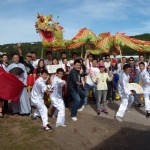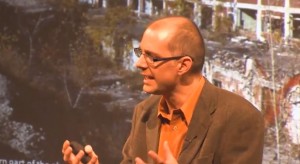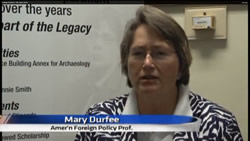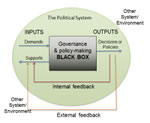Professor Noel Urban (CEE/CWS), Associate Professor Carol MacLennan (SS/CWS), Professor Judith Perlinger (CEE/CWS) and Associate Professor Casey Huckins (Bio Sci/CWS), “Integrated plan to lower toxics exposure from eating Torch Lake fish,” EPA.
From Tech Today.






